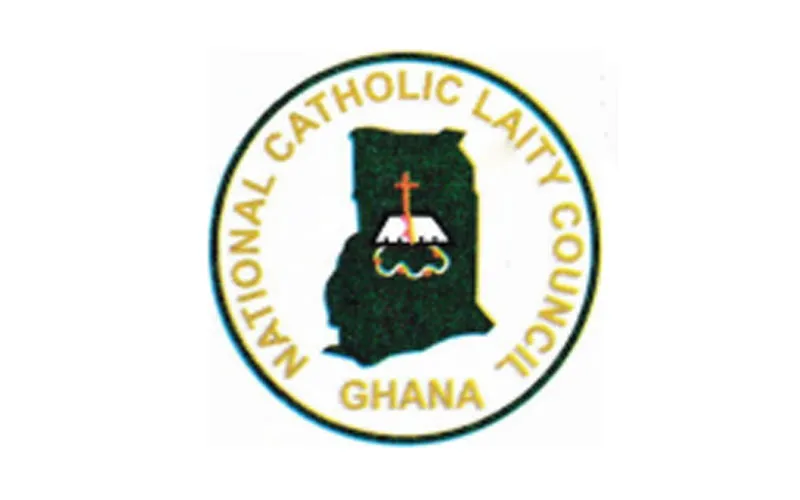They add, “The Executive and the Legislature should also heed the Bishops’ call not to succumb to any pressure to legalize the ‘rights’ of LGBTQIs in Ghana.”
A day after the Catholic Bishops made known their stance on the matter, the leadership of IDNOWA, in a statement, claimed that with their remarks, the members of GCBC aimed at instigating violence against LGBTI proponents, were against Pope Francis’ message of mercy and pastoral care for homosexuals, and that the Bishops’ interpretation of Biblical perspectives of the practice were erroneous.
Against these claims, Catholic Bishops in Ghana sought to clarify their stance about homosexuality in the country stating, “What the church disapproves of are homosexual acts which she considers as intrinsically immoral.”
“The inherent immorality of homosexual acts makes it impossible for the church to accept public advocacy and promotion of homosexuality as an alternative lifestyle,” GCBC members explained in their February 25 statement.
They added, “The impression created by the response of IDNOWA that the Bishops are instigating violence against LGBTQI people is incorrect and therefore quite unfortunate.”
(Story continues below)
Responding to some of IDNOWA’s claims, GCBC members decried the concerted efforts “by a section of the media which supports and promotes homosexuality and is always desperate for some form of approval from the Church” to misinterpret the Holy Father with regard to state laws for civil same sex unions.
The Bishops termed as “obviously false” IDNOWA’s claim that their interpretation of Biblical perspectives on homosexuality were “badly informed” and “outdated according to the theological standards of the Roman Catholic Church.”
Towards curtailing the spread of LGBTQI ideologies in Ghana, members of the Laity Council recommend initiatives toward sensitization programs on LGBTQI in churches, schools and in the communities around the country.
“Parents should closely monitor their children in school and at home to detect any unusual behavior, which mostly goes unnoticed because parents are too busy with the affairs of their daily life,” members of the Laity Council recommend and urge parents and guardians to “monitor their children's friends both at home and in school.”
They also recommend that parents strive to meet the basic needs of their children lest “some people do so and take undue advantage of them.”
Parents should also restrict and monitor the kind of television content their children watch and the Internet sites they visit, since “there are programs designed to indoctrinate children on LGBTQ,” the Laity in Ghana further recommend.
“Couples, parents and members of the Ghanaian community as a whole should look out for signs of an unusual or lavish lifestyle in their spouses, children, and other people in their vicinity,” they also recommend.
They add, “If people are living beyond their means then others should take interest in where they are getting their extra income from.”
Making reference to the Book of Genesis, members of the Laity Council in Ghana remind the people of God in the West African country that “sexes of humans were created by God for procreation” and that LGBTQI ideologies contravene this divine purpose.
“How will this command from God be obeyed if LGBTQI activities are perpetuated by humanity?” members of the Laity Council in Ghana pose.








